Plant fertilizer: When and How to fertilize my indoor plants
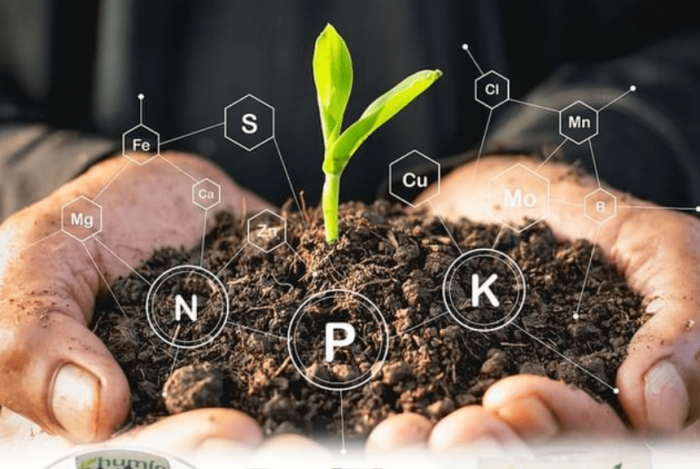
Plant fertilizer: Indoor plants are grown in pots, in a small volume of soil that quickly empties all its nutrients. We take care of watering them, lighting them well, repotting them, ensuring they have the right temperature but it is also essential to regularly fertilize them with suitable fertilizers or plant food to continue to enhance your interior.
In summer as in winter, in order for these plants to remain always greener and more beautiful in our homes, they need nitrogen, phosphorus, calcium, magnesium, etc. For this, find in this article the most effective fertilizers for indoor plants, then when and how to fertilize plants.
When should I fertilize my houseplants?
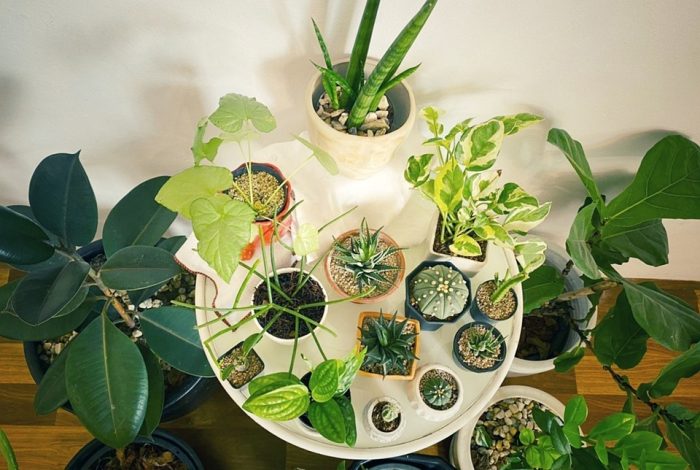
The main principle is to fertilize house plants when they are growing, i.e from March to September for the majority of plants.
- In general, we do not fertilize plants during the winter in our homes. The plants are almost all semi-dormant and fertilization will only promote weak and etiolated growth, susceptible to insects and diseases. However, from the end of February, the greater brightness causes a growth spurt in most of our indoor plants. Now is the time to fertilize.
- When you have just bought a plant or repot it with new potting soil, it contains all the nutrients for one or two months, so it would be harmful to add extra plant fertilizer during this period.
- Plants that live under controlled conditions continue to grow and even flower through the winter. You must therefore fertilize them.
- Some plants are in full bloom during the winter in our homes such as Cyclamen, Gardenias, etc. You also have to fertilize them regularly.
- Do not fertilize a stressed houseplant, but first analyze the situation and treat it according to its needs and then proceed with fertilization. Fertilizing a distressed plant may simply kill it.
How should I use the fertilizer for plants?
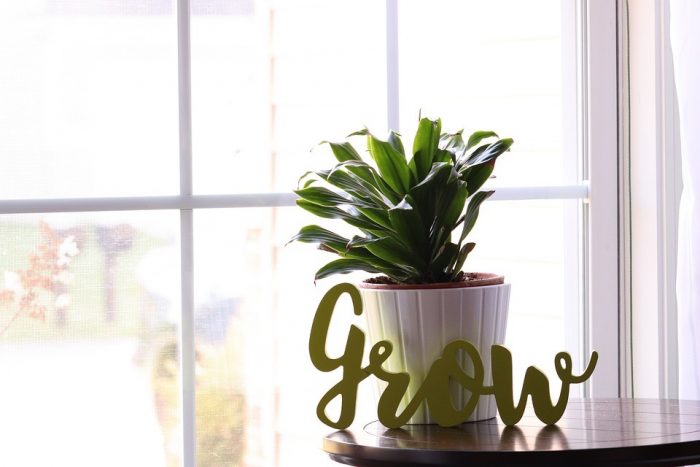
Like all plants, indoor plants need nitrogen (N), phosphorus (P), potassium (K), minerals and trace elements. Depending on the specific needs of the plants, you will find special mixtures with different NPK dosages. Thus, a “special flowering plant” fertilizer is enriched with potassium, fertilizers for fruit trees or vegetable plants favour phosphorus and fertilizers for green plants have a higher percentage of nitrogen.
The best method is therefore to follow the recommendations mentioned on the label of each type of fertilizer.
Warning! Too many nutrients can cause root burn. A tip to avoid falling into this trap: dilute your fertilizer twice as much as recommended on the package, but use it more regularly.
Tip: Never add plant fertilizers to a dry substrate.
Which fertilizer should I choose for my indoor plants?
A large number of different fertilizers are available on the market in different forms and different chemical or biological formulas. We naturally want to choose the best for our plants. Always take your time reading the label to select the best fertilizer for your plant.
Liquid fertilizer
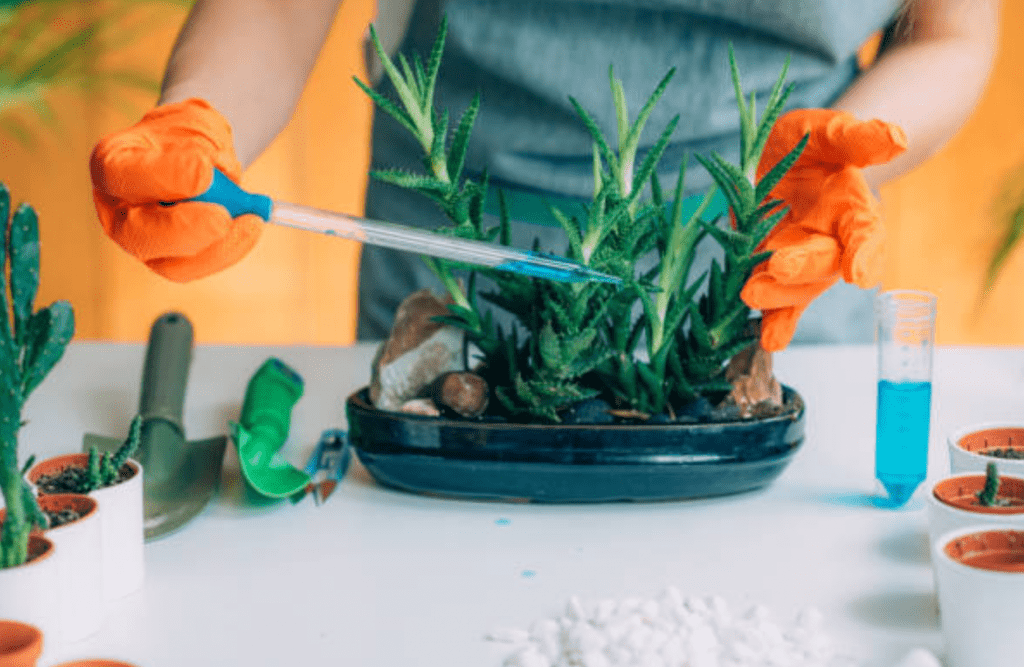
This type of fertilizer is practical and effective, and it is ideal for indoor plants because it is soluble and therefore quickly available to plants. The concentrated active ingredients of this fertilizer allow to see effects quickly but it is sometimes quickly exhausted. This fertilizer does not require mixing and is easy to dose.
Powdered or granular fertilizers
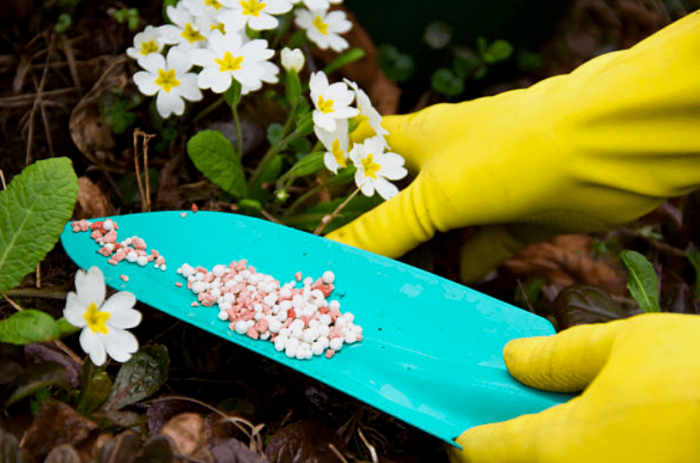
Powdered or granular fertilizers are designed for a slow or gradual release of minerals, with nutrient delivery that can span over six months, depending on the plant’s needs. We recommend these long-lasting fertilizers for growing potted plants that stay at least one season on the same substrate.
Otherwise, some natural fertilizers can also be used such as:
- Tea bags: You can mix the tea lightly with the soil even or simply leave it on the surface.
- Coffee is an ideal fertilizer for any type of plant because it is rich in calcium, phosphorus and nitrogen.
- Cooking water also works well as a natural fertilizer. Let the water cool down before watering your plant.
- Compost is inevitably an excellent fertilizer for your indoor plants. The compost, enriched by food and vegetable waste, feeds the composition of the substrate to make the soil even richer.
Did You find this helpful? Share it with your friends!